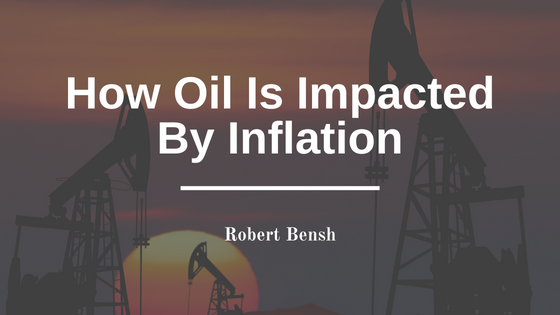Rising oil prices have been affecting the lives of billions of people around the world. When crude prices go up, the cost of filling up the gas tank goes up, as well as airfare and other energy-related expenses. Because of this, workers are looking for higher wages to make up for lost purchasing power.
Economists refer to this as the second-round effect, and it can lead to further increases in prices. If sustained, this feedback could cause wage growth to accelerate and inflation to rise over time.
Rising inflation is already affecting the lives of many people. When this happens, wages tend to increase more in response to the higher prices. A study conducted in 39 European countries revealed that the rising cost of living could trigger a reaction from consumers.
The second-round effects can lead to a wage-price spiral, which could persist for a prolonged period. If sustained, the oil price shocks could cause inflation to rise even further. This could trigger a monetary policy response from the central bank.
Evidence shows that rising inflation can lead to a second-round effect if the overall rate is high. For instance, if the inflation rate is at 4 percent, wages would increase by 0.4 percent. However, if it is at less than 4 percent, then the increase would be less than 0.2 percent.
Higher inflation leads to more alert consumers, who are more likely to seek higher compensation for the rising prices. The difference between low and high inflation periods also narrows during the second year. These findings provide two messages about the current situation.
High inflation is one of the most worrying factors that policymakers need to consider, as it can trigger a second-round effect if the energy costs go up further. This is why they will need to respond quickly to prevent inflation from escalating.
Evidence also shows that even during a period of high inflation, wages did not increase at a steady rate. They actually started to stabilize after a year. Despite the high inflation, it is still possible for the central banks to provide adequate monetary support to prevent it from wreaking further damage.
